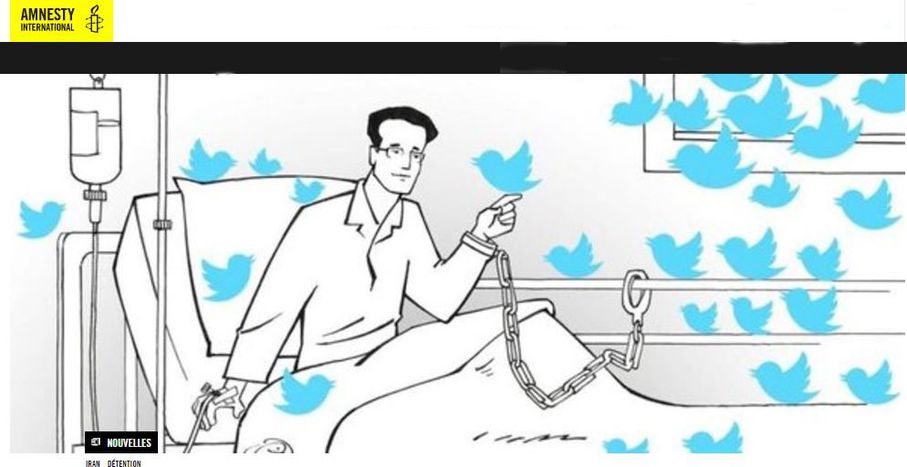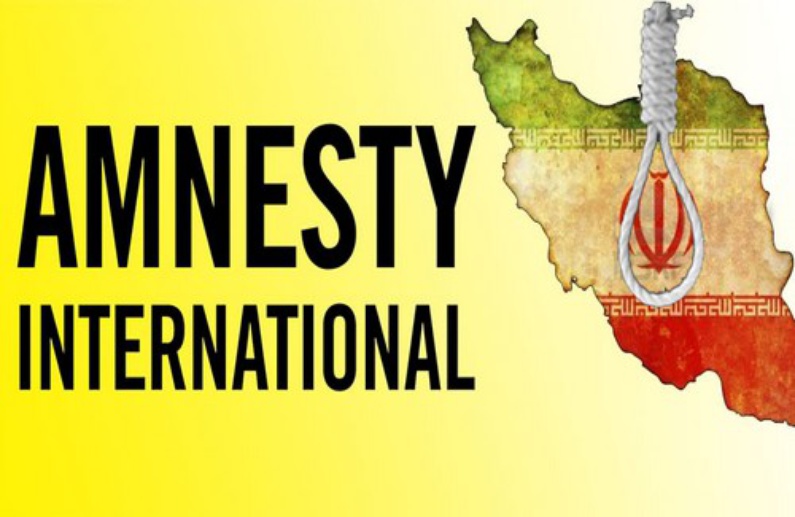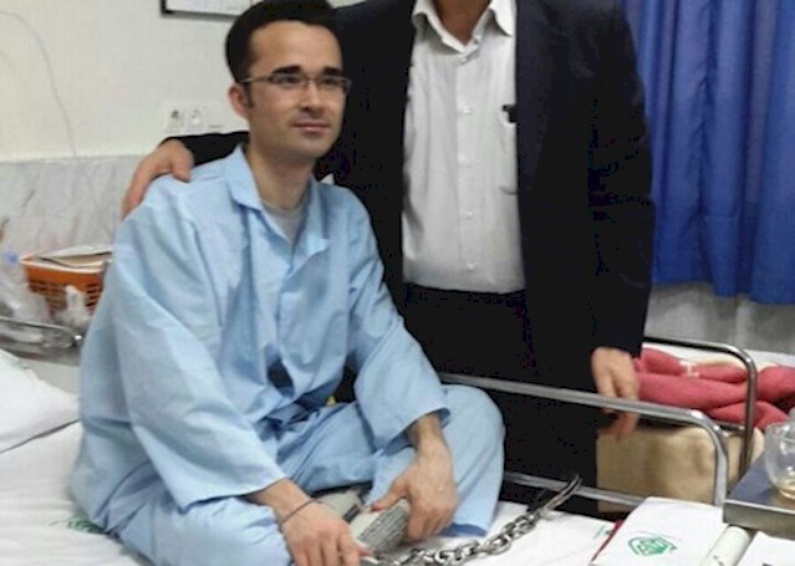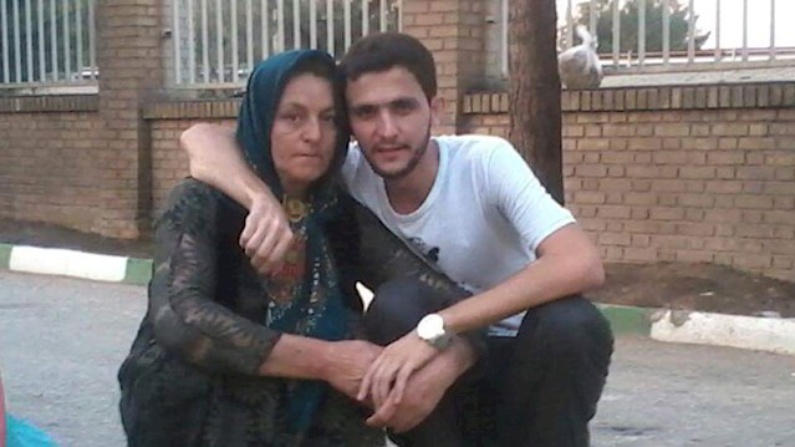
Amnesty International: the terrifying reality of Iran’s political prisoners
Published on
Translation by:
Carrina LaCorata The latest Amnesty International report, “Health taken hostage: Cruel denial of medical care in Iran’s prisons,” sheds new light on the health system in the country’s prisons. From this report, we learned that the Iranian judicial system is deliberately blocking access to health care in order to intimidate, punish or humiliate political prisoners, or even to obtain forced admissions or declarations of repentance.
The latest Amnesty International report, “Health taken hostage: Cruel denial of medical care in Iran’s prisons,” sheds new light on the health system in the country’s prisons. From this report, we learned that the Iranian judicial system is deliberately blocking access to health care in order to intimidate, punish or humiliate political prisoners, or even to obtain forced admissions or declarations of repentance.
“In Iran, authorities, who ignore the detained persons’ medical needs, regularly hold a prisoner’s health hostage. To deprive prisoners of medical opinion is cruel and completely indefensible,” proclaimed Philip Luther, director of the Middle-East and North African Amnesty International program.
Adding, “The opportunity for prisoners to obtain health care is a right inscribed in international and Iranian rights. When serious afflictions result from depriving a prisoner of medical care intentionally, with the goal of punishing, threatening, or extracting 'admissions,' it’s an act of torture.”
 Amnesty International discloses 18 cases of prisoners who were deprived of medical care one way or another and risk having their health compromised permanently.
Amnesty International discloses 18 cases of prisoners who were deprived of medical care one way or another and risk having their health compromised permanently.
In its report, Amnesty International holds the Iranian public prosecutor responsible for making the decisions about medical leave and transferring them to the hospital. The prosecutor refuses even while knowing the requirements of medical leave and hospital transfers for sick prisoners, even if the care they need cannot be given to them in prison.
In the disturbing reality of the mullah regime, the prison authorities regularly violate the detainees’ health rights: confiscation of medications and unjustified use of handcuffs and shackles in cases of rare hospitalizations…that’s the shocking treatment reserved for political prisoners.
The prisons’ doctors are also sometimes accomplices to these violations by systematically minimizing or ignoring the prisoners’ health problems by qualifying them as “fruits of their imagination” and treating them only with painkillers or tranquilizers.
 Faced with these inhumane treatments, a number of prisoners decided to go on hunger strikes to force the authorities give them medical attention. The hunger strikes generally provoke indifference, but in some cases, the authorities end up granting permission for the hunger strikers to leave short term and then force them to stop their treatment by quickly bringing them back to prison against medical opinion.
Faced with these inhumane treatments, a number of prisoners decided to go on hunger strikes to force the authorities give them medical attention. The hunger strikes generally provoke indifference, but in some cases, the authorities end up granting permission for the hunger strikers to leave short term and then force them to stop their treatment by quickly bringing them back to prison against medical opinion.
Amnesty International asks authorities to immediately stop depriving prisoners of the health care they need, in accordance with their obligations under international law. Lastly, the organization asks authorities to investigate the public prosecutor and all the others representing the state — including medical personnel — liable of deliberately refusing care to the prisoners.
Translated from Amnesty international : la terrifiante réalité des prisonniers politiques en Iran



